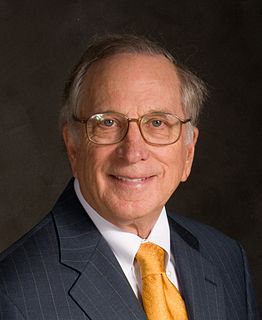A Quote by Bill Gates
Related Quotes
I think there certainly was a milestone in the '90s with regards to the Internet achieving critical mass. There were several magical factors that came together: the creation of HTML by Tim Berners-Lee, the drop in the price of communications, and all the PCs out there that you could put this software into.
Price point is always important for mass market commodities. Look at the iPhone. It's expensive. But I think it is going to sell. It does something that people really want to do. People want to share it. It's an emotional thing that goes beyond the price point. It has emotional power. You are connected to it.
The biggest challenge is that when people look at low price point products, they essentially invest less money in development, innovation, and new technology. And in order to innovate at a lower price point, and make sustainability attainable to the masses, you have to invest more. But that's counterintuitive for a lot of businesses.
The idea that when people see prices falling they will stop buying those cheaper goods or cheaper food does not make much sense. And aiming for 2 percent inflation every year means that after a decade prices are more than 25 percent higher and the price level doubles every generation. That is not price stability, yet they call it price stability. I just do not understand central banks wanting a little inflation.
I think it's been, you know, kind of like a tragic play to this point. But at this point, I think it's clear, and will be clear to the majority of the Congress. I think it's clear to the American people that there is only one countervailing force to a world where financial institutions are trying to sell instruments every day and where credit has dried up, and that's the United States Treasury.































